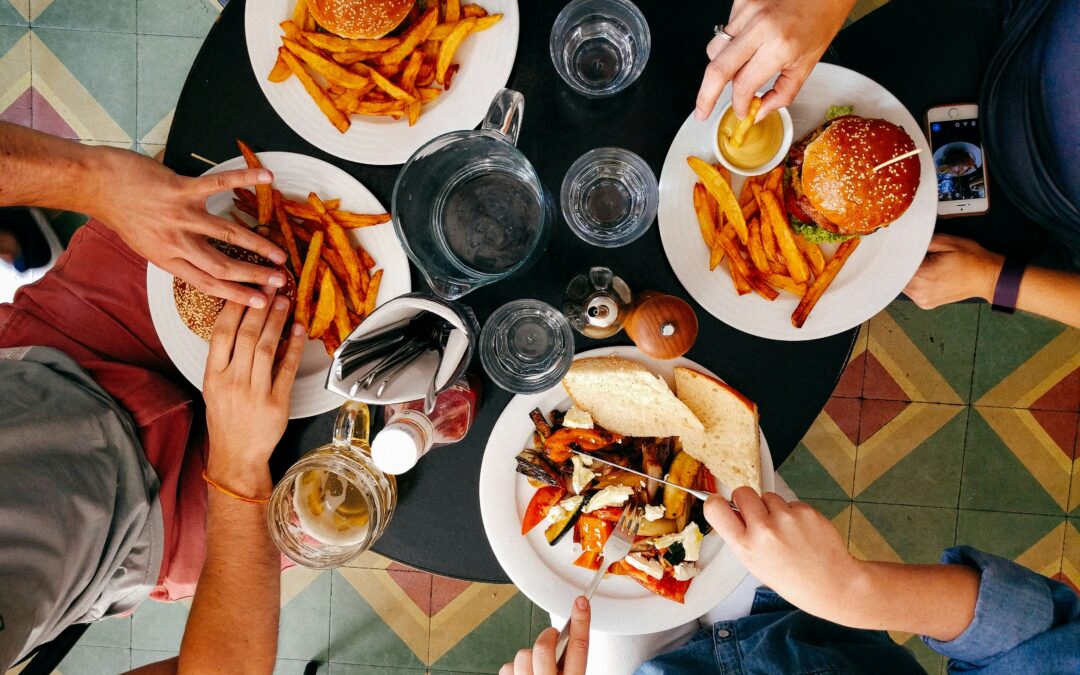Help For Eating Disorders Saves Lives – Durham Region
In a “sweeping” analysis of 77 studies, involving more than 15,000 subjects, University of Wisconsin researchers post-doctoral student Shelley Grabe and psychology professor Janet Hyde found that “exposure to media depicting ultra thin actresses and models significantly increased women’s concerns about their bodies, including how dissatisfied they felt and their likelihood of engaging in unhealthy eating behaviours such as excessive dieting.” (www.news.wisc.edu/15215)
My earliest memories about my appearance were of my mom and me (although I think I had insecurities about my appearance prior to these recollections). She would say that I would look prettier if I didn’t have my father’s nose. Absurd, I know now; however, that was a comment that stuck by me for the rest of my childhood and well into being a young adult.
So here’s how stinkin’ thinkin’ worked. It took that one silly comment from my mom and planted it into my head (like a seed being planted into the ground). Then, it would look at all my experiences to come and water the seed so that that one comment would grow and other related thoughts would sprout. Thoughts such as, “I’m ugly” “I’m not good enough” “I’m fat” “I don’t want to eat” “If only I was skinny like her.”
Much of my experiences revolved around the media. Going to school and developing friendships, most of our conversations included the latest fashion trends, the hottest celebrity gossips or the fittest athletes. Body images were ingrained in me and consumed much of my eating, clothing, and activity choices.
I eventually became so tired of thinking about my body appearance. My body’s health and well-being now overshadow the superficial ideations exposed by the media. I’ve been blessed with education on disordered eating, self-esteem building, healthy body-image thought processes and family conflict and dynamics. This has allowed me to discover that with healthy mind management, my external environment can have little to no control over who I am, what I look lik, and how I feel about myself. I learned that the cultural ideal of beauty is unrealistic and prejudice.
The authors of the study cited above emphatically conclude;
“We’ve demonstrated that it doesn’t matter what the exposure is, whether it’s general TV watching in the evening, or magazines or ads showing on a computer. If the image is appearance-focused and sends a clear message about a woman’s body as an object, then it’s going to affect women.” (Postdoctoral researcher Shelly Grabe)
For some of us, more help and assistance is required. And that’s perfectly OK! Some of us suffer from feeling powerless against our thoughts, images from the media, and difficult relationships in our lives. There are few safe outlets in our community that provide us with the strength to cope and heal. Disordered eating behaviours can develop unknowingly and unconsciously, often masquerading as our best and only way of coping within an unsafe and chaotic environment.
Disordered eating involves a wide range of abnormal eating behaviours, such as chronic restrained eating, compulsive eating and habitual eating. Eating patterns are chaotic and the physiological aspects of eating (like feeling hungry or full) are ignored (www.nedic.com).
Some people, even the ones who love us the most, have a difficult time understanding disordered eating or what is required to provide support during recovery. This is normal, however, the lack of understanding may create increased conflict and stress for the entire family. The process of overcoming disordered eating patterns takes a lot of work and a supportive and informed environment is essential for success.
Jeff Packer MSW & Associates, a registered, professional counselling service in Oshawa, Ontario, works with the individual engaging in abnormal eating and their family members. Treatment is catered to their individual needs and goals. It is important to include family doctors and registered dietitians in the recovery process. We also strongly encourage family members and loved ones to participate in family sessions. This can help families improve and strengthen their relationships as well as learn to create loving and supportive environments for those in recovery. To start your road to recovery, call us today.

Recent Comments